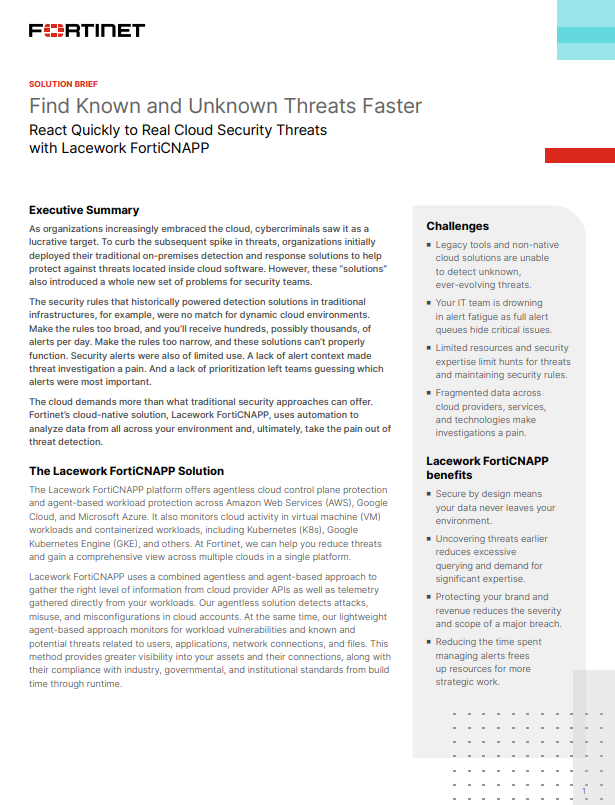NCA arrests 24 Brits over ties to global dark web criminal network
International crackdown results in 150 arrests and more than £22.5 million in seized cash and virtual currencies


The UK's National Crime Agency (NCA) announced Wednesday that it had arrested 24 British citizens for their alleged involvement in an international dark web criminal network.
The NCA labelled the operation that led to the arrests as "one of the largest ever international operations targeting a criminal dark web marketplace".
The six-month-long UK portion of the international operation, known as Dark HunTOR, was coordinated by the NCA in collaboration with UK policing partners. As part of the wider investigation, law enforcement agencies in Australia, Bulgaria, France, Germany, Italy, the Netherlands, Switzerland, and the United States were involved, with international coordination efforts led by Europol and Eurojust.
The overall effort resulted in a total of 150 arrests, with more than £22.5 million seized in cash and virtual currency, 234kg of drugs, and 45 firearms.
UK law enforcement seized £220,000 in suspected criminal cash and Bitcoin, and a drugs haul of more than 50 kilos comprised of cocaine, MDMA, cannabis, methamphetamine, and ketamine.
Following an analysis of data by officers at the Dark Web Intelligence, Collection and Exploitation team (DICE), information on those individuals identified as presenting the highest threat in the UK was then distributed to regional dark web operations teams around the UK, who then made the arrests on suspicion of selling criminal goods online.
Dark HunTOR began earlier this year when German authorities arrested an individual thought to be the chief operator of a major dark web marketplace.
Get the ITPro daily newsletter
Sign up today and you will receive a free copy of our Future Focus 2025 report - the leading guidance on AI, cybersecurity and other IT challenges as per 700+ senior executives
The arrest in Germany gave agencies access to the group's wider criminal infrastructure, which then enabled information on other marketplace vendors to be shared around international law enforcement agencies.
RELATED RESOURCE

HP Wolf Security: Threat insights report
Equipping security teams with the knowledge to combat emerging threats
“The individuals we have targeted who are supplying drugs via the dark web are ultimately preying on the vulnerable and destroying communities," said Damian Barrow, senior NCA manager in the dark web intelligence collection and exploitation team.
“This operation shows that those who try to use the dark web to anonymously commit crimes can be identified and will be tracked down."
Dark web marketplaces are typically used to sell drugs, weapons, data, and other illicit digital goods. For years, they have been the targets of internationally coordinated efforts from law enforcement agencies attempting to shutter them. However, new marketplaces often launch in the wake of a major takedown, restarting the process for those fighting cyber crime.
European authorities were previously lauded for their work in bringing down prominent marketplaces such as Hansa and Alphabay in 2019.
"Law enforcement have become more technically savvy when it comes to the dark web and how it works, and are now able to monitor and track a person’s browsing behaviour, regardless of encryption," said Cliff Martin, cyber incident responder of GRC International Group to IT Pro.
"However, although the risk of being caught has significantly increased over the years, I don’t think that cyber criminals will be any more afraid - bad actors are very aware of the risks they are taking, and are continuously trying to find new ways to dodge around them."
Law enforcement agencies are cracking down on marketplaces and getting better at doing it with each operation. However, some experts believe geography may provide the ultimate hindrance in the long-run.
"While the tempo of law enforcement operations does appear to have increased, the seizures are somewhat limited by the geography in which the targets reside," said Chris Morgan, senior cyber threat intelligence analyst at Digital Shadows to IT Pro.
"Many significant actors within the cybercriminal community—notably those involved in ransomware attacks—are based in either Russia or the Commonwealth of Independent States (CIS), i.e. countries formerly a member of the Soviet Union. There are limited options available for international law enforcement in making arrests within these countries."

Connor Jones has been at the forefront of global cyber security news coverage for the past few years, breaking developments on major stories such as LockBit’s ransomware attack on Royal Mail International, and many others. He has also made sporadic appearances on the ITPro Podcast discussing topics from home desk setups all the way to hacking systems using prosthetic limbs. He has a master’s degree in Magazine Journalism from the University of Sheffield, and has previously written for the likes of Red Bull Esports and UNILAD tech during his career that started in 2015.
-
 Neural interfaces promise to make all tech accessible – it’s not that simple
Neural interfaces promise to make all tech accessible – it’s not that simpleColumn Better consideration of ethics and practical implementation are needed if disabled people are to benefit from neural interfaces
By John Loeppky
-
 Solution Brief: Find Known and Unknown Threats Faster
Solution Brief: Find Known and Unknown Threats FasterDownload Now
By ITPro
-
 Capita handed £50m London police contract weeks after losing pension data
Capita handed £50m London police contract weeks after losing pension dataNews The outsourcer will provide digital fraud reporting services after its cyber incident disclosure drew criticism
By Rory Bathgate
-
 Supercharge trust for operations
Supercharge trust for operationsWhitepaper Innovating through uncertainty
By ITPro
-
 Western Digital suffers cyber attack, shuts down systems
Western Digital suffers cyber attack, shuts down systemsNews Customers are taking to Twitter to report they’re unable to log into their storage products through Western Digital’s online portal
By Zach Marzouk
-
 Lazarus blamed for 3CX attack as byte-to-byte code match discovered
Lazarus blamed for 3CX attack as byte-to-byte code match discoveredNews Additional analysis suggested 3CX developer teams ignored "red flags"
By Zach Marzouk
-
 Some GitHub users must take action after RSA SSH host key exposed
Some GitHub users must take action after RSA SSH host key exposedNews One cloud security expert likened the incident to the infamous HeartBleed bug from 2014
By Zach Marzouk
-
 Latitude hack now under state investigation as customers struggle to protect their accounts
Latitude hack now under state investigation as customers struggle to protect their accountsNews The cyber attack has affected around 330,000 customers, although the company has said this is likely to increase
By Zach Marzouk
-
 Four-year-old iframe flaw allows hackers to steal Bitwarden passwords
Four-year-old iframe flaw allows hackers to steal Bitwarden passwordsNews The password manager has known about the issue since 2018, publicising it in a report in 2018
By Zach Marzouk
-
 WH Smith hit by cyber attack, current and former staff data accessed
WH Smith hit by cyber attack, current and former staff data accessedNews The company stated that it is notifying staff members who have been affected
By Zach Marzouk